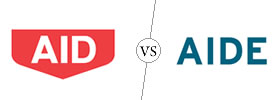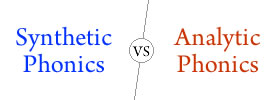English as a Foreign Language
Adverse vs Averse
|
Adverse refers to something that is harmful or unfavorable. An adverse object prevents success and development. It refers to something that acts against what is wanted or desired. Averse, on the other hand,... |
Aid vs Aide
|
Aid refers to something that is provided with the intention of being helpful or necessary. Aid is basically help. Aide, on the other hand, refers to a person whose job is to assist someone. An aide is similar... |
Allusion vs Illusion
|
An allusion is a literary device that is used to make a reference to a place, person, or something that happened. An illusion is a distortion of the senses. It takes advantage of how the brain normally... |
Already vs All Ready
|
‘Already’ means ‘before or by now or the time in question.’ It indicates that something has already happened, and that it has happened before its time or before it was expected to happen. ‘All Ready’, on the... |
Alright vs All Right
|
The terms ‘alright’ or ‘all right’ are commonly seen and are often used interchangeably. However, there is one major aspect that distinguishes ‘alright’ from ‘all right’: ‘alright’ is not a real word. It is an... |













